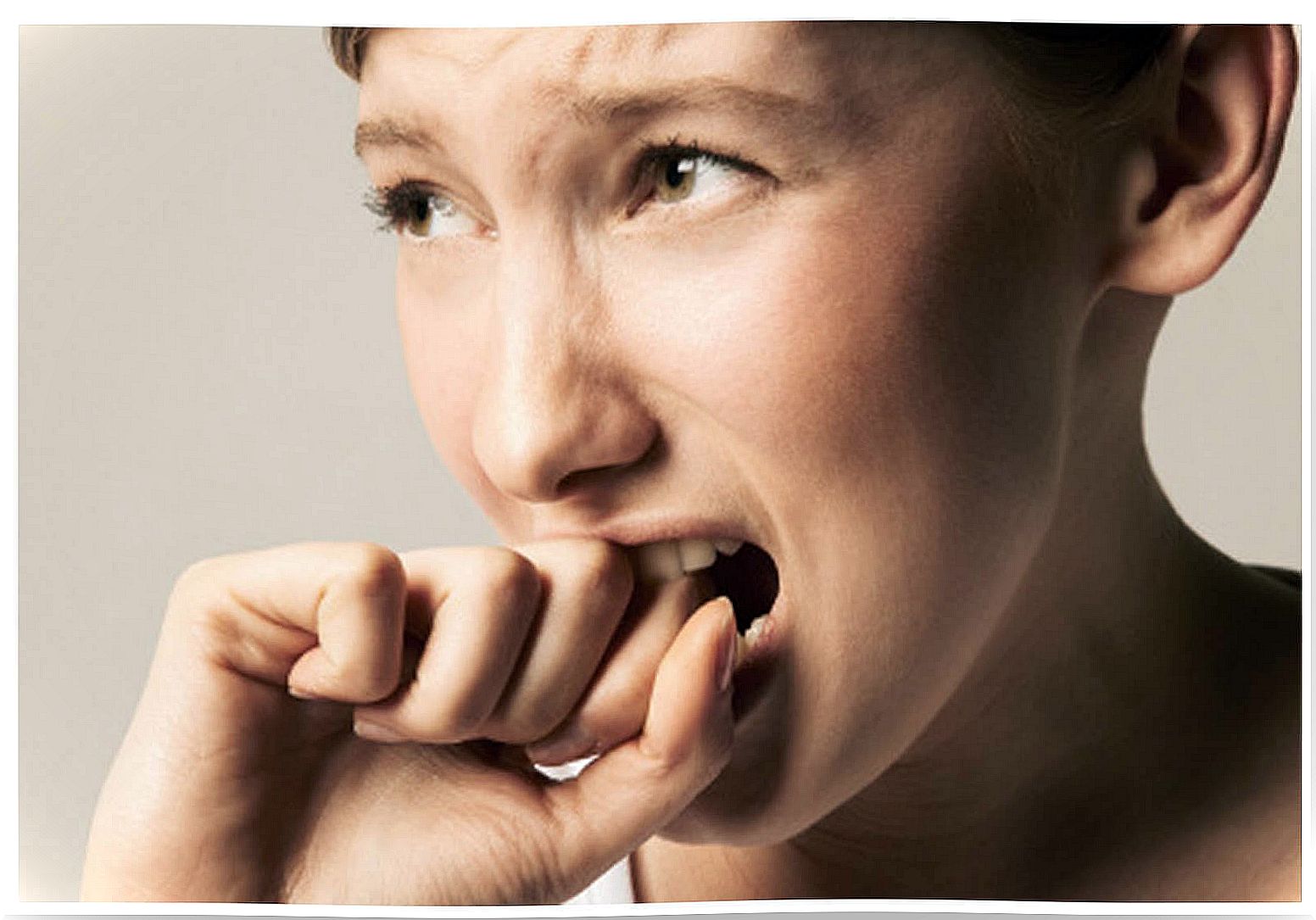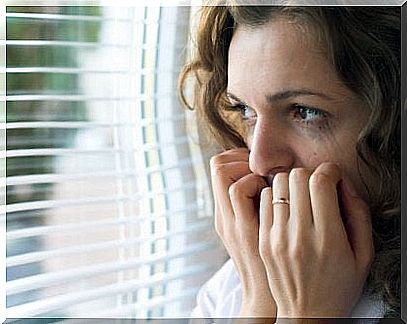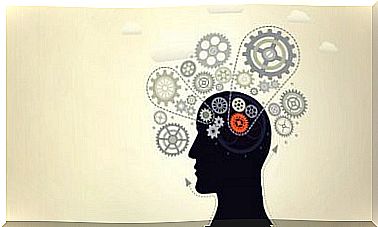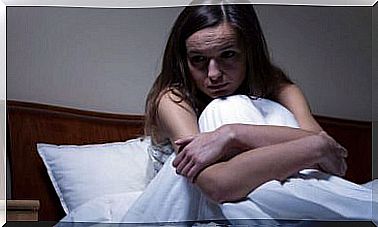Do You Know The 14 Main Symptoms Of An Anxiety Attack?

Anxiety turns any day-to-day situation that would allow us to enjoy and learn into a real challenge. Being aware of its presence in our life is one of the first steps in minimizing its symptoms.
Before continuing, remember that when you find yourself in a situation where you feel anxiety, it is necessary to not focus on the symptoms, in order to be able to overcome it.
You should try to focus on more useful and practical aspects, such as doing constructive activities, exercising, relaxing, etc.
The goal is to prevent these symptoms from making you feel even more anguish once you have spotted them correctly.
There are some you already know and some you don’t. We are biologically different, so we all react differently to an anxiety attack.

What are the symptoms associated with an anxiety attack?
1. Feeling of suffocation and difficulty in breathing. These sensations are among the most distressing symptoms, because we have the impression that someone is suffocating us, with a pillow for example.
It is important to remember that this sensation is only produced by exaggerated nerve impulses. These symptoms cannot hurt you and your breathing will not stop.
2. Pain in the chest. This discomfort is due to muscle tension. Chest pain can scare you very much because the first reaction of a person having an anxiety attack and having chest pain is to think that it is a heart attack. .
During an anxiety attack, the pain does not start in the chest. To avoid this, deep breathing and some relaxation exercises will help you reduce your anxiety effectively.
3. Palpitations. Anxiety causes adrenaline levels in the bloodstream to increase, making the heart beat faster. A decrease in heart rate is less common but can be seen during an anxiety attack.
4. Pale skin. Under the effects of anxiety, blood is diverted to the muscles during the “ fight-flight ” response .
Everything will return to normal when the body returns to normal after the seizure. When this happens, some people may look a bit paler than usual.
5. Sweating. During times of anxiety, the body warms up as it prepares to flee or fight.
To regain our body balance, we release sweat to try to lower the body temperature and rebalance it.
6. Tremors and tremors. Trembling is a normal reaction to a situation of fear and / or a drop in body temperature.
When we are anxious, it is quite normal to shake or shudder. Once the crisis is over, everything will be back to normal.
7. Pain in the shoulders and neck. These parts of the body are usually the first to tense up when we are stressed. The face hardens due to the stiffness of the body, due to muscle contractions.

8. Digestive problems. Our digestive system is one of the areas where blood is used the most. This is because the blood is sent there to absorb the nutrients from the food we eat.
When you are stressed, blood is diverted to the muscles to adequately respond to the fight-and-flight state.
As a result, digestion slows down and the muscles around the stomach tighten. Then there will be digestive problems such as indigestion, heartburn, diarrhea or constipation.
9. Skin rashes. It is a very common symptom during episodes of anxiety and stress. You may see eczema around the nose, cheeks, and forehead. It will go away when you start to feel better.
10. Fragility and tingling in the hands and feet. The fight-flight response is a very intense reaction, with a very strong impact on bodily sensations.
Tingling is usually caused by a buildup of carbon dioxide in the blood in the extremities. These symptoms are not dangerous and will go away with light exercise.
11. Dry mouth. When you are anxious, fluids are diverted to other parts of the body. As a result, your mouth is likely to be drier.
To avoid this feeling, try drinking water to keep yourself hydrated and lubricate your mouth. This symptom is not dangerous and will go away once the seizure is over.
12. Insomnia. One of the most important and difficult effects of anxiety is insomnia. Getting back to a regular sleep pattern and schedule is important for your personal well-being and to take anxiety out of your daily life.
13. Nightmares. Nightmares usually mirror what happens in your daily life.
If you are relaxed and happy, you will have positive dreams. Sure, nightmares are unpleasant and harmless, but they can affect your sleep cycle. To avoid them, do relaxation exercises during the day and before bed.
14. Irritability. People find us more irritable when we are tired or sick. One of the main reasons for anger is sadness. Anger is a normal reaction to fear.
We have seen the most common symptoms of anxiety. However, other manifestations can be observed :
– Fear of losing control
– Increased depression and suicidal thoughts
– Distorted vision
– Impaired hearing
– Hormonal problems
– Headache and headache
– Pain in the eyes
– Agoraphobia









